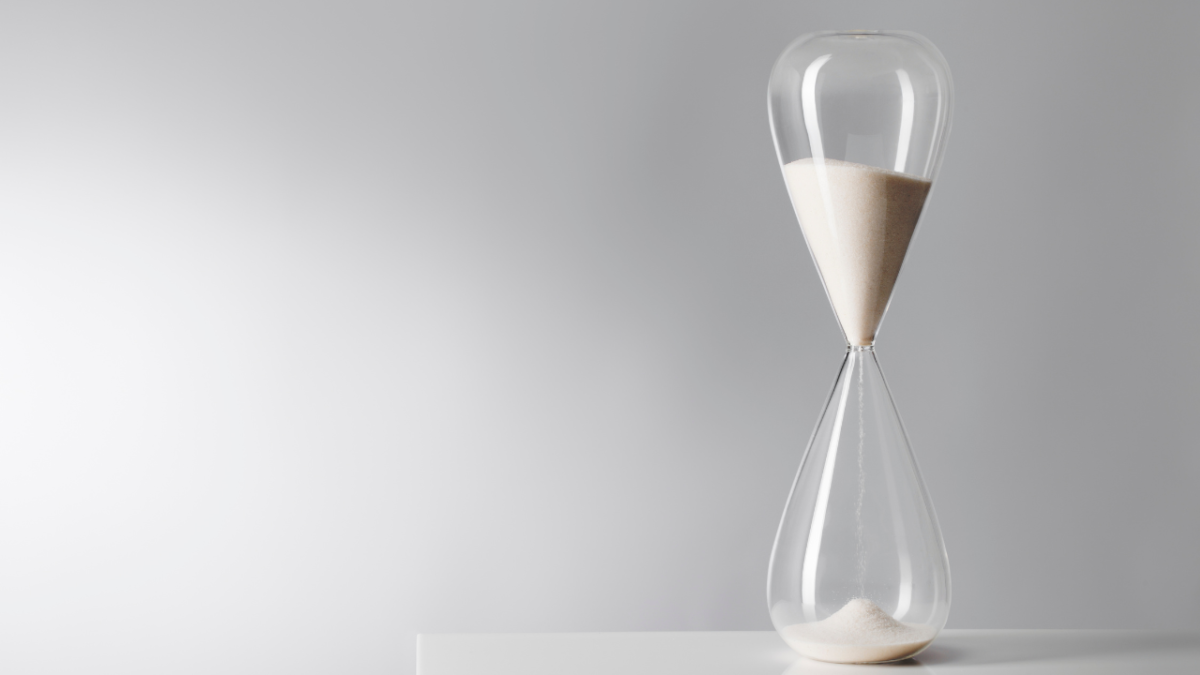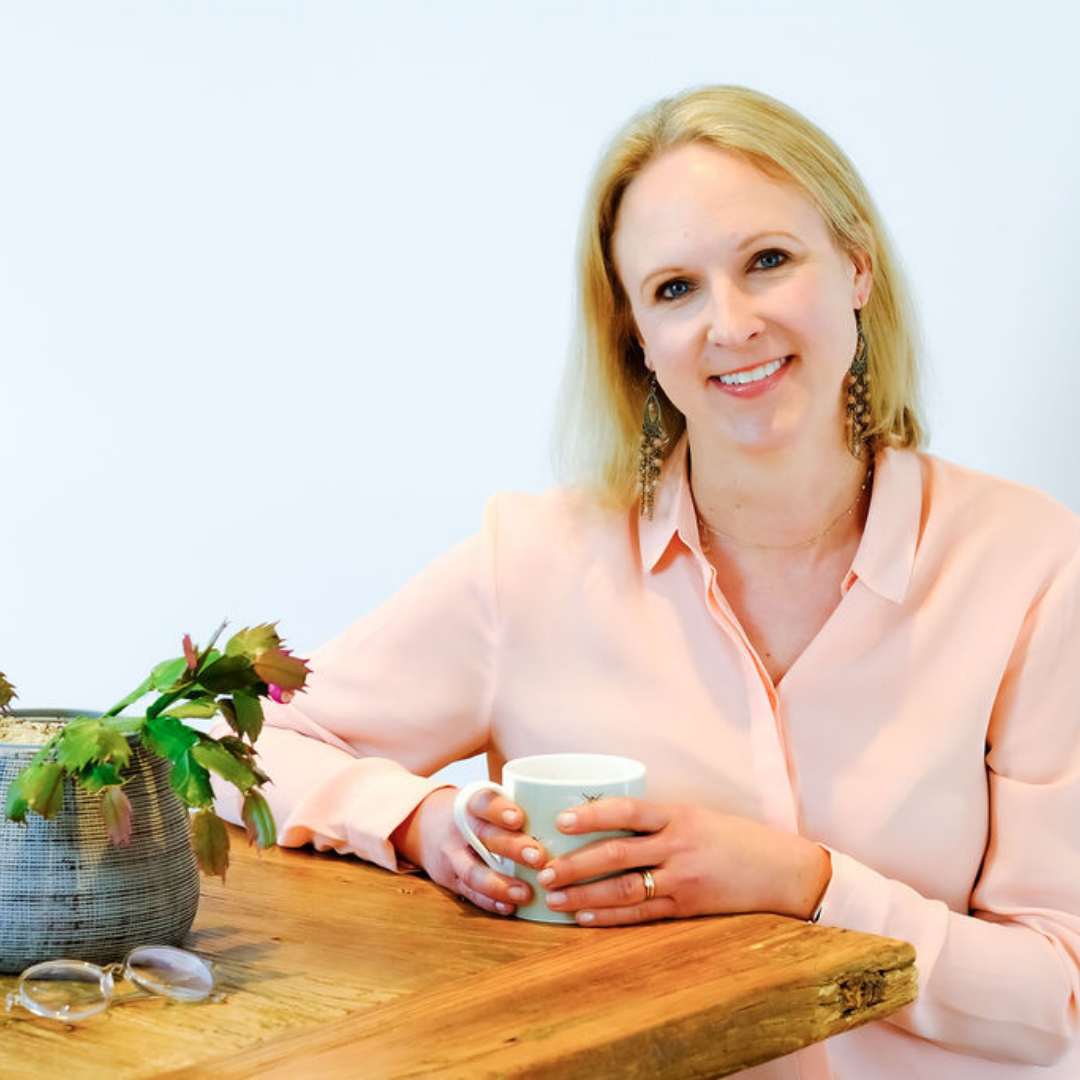6 Tips to reclaim time for your major donor fundraising

We’re often told to look after ourselves, to make sure we don’t work too late, to get the “right” balance. But it’s easy to finish a hectic week exhausted, and without having spent time developing the many major donor relationships that we wanted to! Why? Because major donor fundraising requires the most proactive approach out of all types of fundraising.
Read on for 6 tried and tested techniques that have helped over 250 fundraisers and charity leaders I’ve worked with find the time to focus externally, build better relationships with major donors and raise more. I hope one or two resonate with you and you can try them out. Whether they give you back 10 minutes a week, or a new perspective they can put you on the path to raising more large gifts so your organisation can do more of the good stuff.

Don’t just silence email and messenger notifications, close the apps completely!
Why?
There is work in major donor fundraising that takes focus, thought and time. It might be considering how to get in touch with a potential donor, writing a compelling proposal, or creatively thanking a major donor.
If we continually interrupt a deep focus task we are switching between the part of our brain needed for this deep focus, and the part we use to scan information and deal with small multiple tasks. Switching between the two is more exhausting for us, but also means that a proposal that would have taken us an hour to write can take 2 or even 3 hours.
If not being available digitally makes you feel uncomfortable, particularly when you’re working at home, share your new approach or closing email and messenger at certain times with your team and your manager.
Focus on having 45-minute blocks with email, social and messenger closed and if it help, put your phone in another room.
For many fundraisers I coach, it’s the step change they need to find the space to properly consider the next steps for their major donors.

This technique was brilliant for me when I was in fundraising roles and I’ve seen it help many fundraisers and leaders I coach.
In a coaching session with one fundraiser, we explored how she rarely picked up the phone to donors but she wanted to do it more. She was so busy with the internal requests, reports, and emails she found it difficult to make the time.
Also, because making calls was outside her comfort zone, it was dropping to the bottom of her to-do list. Everyone works differently, your wonderful brain is unique so I’m not saying you should do this.
But this is what ring-fencing time looked like for her and what she committed to in our coaching session:
☎️ Calling 5 donors or potential donors three mornings a week.
📩 Before she opened her inbox.
👍🏼We recognised she might only get through to 2 of those 5 donors.
🏆But she committed to doing it.
📝She then wrote down the names of the 5 people she was going to call, the night before so she was ready to go each morning.
Did it happen absolutely every one of those 3 mornings?
No, but it did on a lot of those days. And it meant she had more conversations, built better relationships through listening and thanking, and raised more!
You know how you work best, so explore how “ring-fencing” donor time could work for you to create it as a habit.

You may be the type of person that nearly always say yes. After all, you want to be seen as helpful, a good team player and proactive right? But if you tend to try and do it all, you may find that large chunks of your major donor work never happen – because they don’t have a specific deadline and you won’t be chased on them. So some approaches below may help:
📅 Don’t immediately accept an internal meeting invite.
💭Does there need to be a meeting or could it be a brief phone discussion instead?
💭Do you need to be there?
💭Could you suggest it’s 30 or 45 minutes rather than one hour? Those extra 15 minutes are valuable to you!
💭If it’s an internal meeting needing fundraising representation, could you and your team members each take it in turns?
⏳Track your time.
In his brilliant book, “Intrinsic” Sharath Jeevan talks about how our working roles can evolve into having little meaning and purpose for us – because we can’t focus on the things that make a difference and motivate us e.g. building great relationships with donors. If you track how you spend your time each week, you can see in black and white how much of your role is spent on the vital external part of major donor fundraising – phoning potential donors, securing meetings, having virtual and face to face coffee chats – and how much is spent internally.
The fundraisers that have more conversations and meetings raise more large gifts. Doors open when we focus outside our organisations rather than within them.
One fundraiser I coached didn’t think her manager would like her saying no to the additional requests she was receiving from colleagues – all internal work. Once she’d explained why she wanted to spend the time externally on major donor relationships, her manager supported her in saying no more so she could focus outwards.

The “hard stuff” will always slip to the bottom of the pile – whether that for you is calling donors, tackling a new prospect list of trying to get hold of a trustee. We are sneaky as humans, nearly always going for those quick and easy tasks first. So how can you put yourself in the best position to tackle the hardest bits of your role?
💪🏼 What lifts your energy?
Do it before the thing that you’re dreading/are apprehensive about. One fundraising lead I coached did a quick 10-minute walk outside before they made their calls to donors. Others I’ve worked with listen to music on the way to donor meetings, or even at home before a virtual meeting.
🐸 Eat The Frog
The brilliant fundraising trainer Rob Woods at Bright Spot taught me this early on in my career. It’s the concept of JFDI really! Getting on with the task that you are least looking forward to first thing, so you get a sense of accomplishment for the rest of the day. And, in turn, you avoid procrastinating and you save time.
😁 What makes you feel good?
I’ll always wear nice shoes when I deliver virtual workshops or interview philanthropists. When I’m on the screen no one can see my feet. So why? Because it makes me feel good and because I want to! It gives me energy for the session ahead and it’s given me huge confidence over the years when meeting major donors.

Before holidays…
“It’s so busy before I go on holiday it sometimes doesn’t feel worth it”
“I’m exhausted by the time my leave comes around”
After holidays…
“I haven’t had chance to go through all my emails because I’m straight back into meetings”
“I don’t know what I’m supposed to be doing…!”
Sound familiar?
Many of you will have techniques that work for you, but if the pressure before and after a holiday is still too much, you might want to try these tips:
💻Use the last few hours and minutes wisely!
You could be finishing off tasks until late on your last day. Or instead you could stop, and write your top three things to work on when you return (and speak to your team and manager about what needs to be picked up while you’re away.) You’d do the same for them, right?
📨Inbox Zero?
A concept that’s a bit like marmite. I’m firmly on the hate side. Don’t strive for inbox zero before your holiday if it’s not your style of working or isn’t going to help you. Time is better spent on the organising and prioritising above.
👩🏼💻Reduce the email on your return.
By creating auto rules (for the general newsletter and internal updates for instance) to go to a specific folder you’ll have a more organised inbox on your return. Then you will be able to quickly prioritise and get back to donor-related emails and projects.
🗓️A meeting free return!!
What would your first morning or day back look like without meetings? You can review your priorities, clear your inbox, and reassess which donors you’ll contact as a priority. How can you make this happen?

As a fundraiser, your work is never done. There’s always more you could be doing right?
Raise more large gifts for your great cause; give more support to team members; call and meet more donors; respond to more emails; do more “personal development”?
So, how can we ever feel like we’ve done enough? Many fundraisers don’t ever feel they do enough when they first come to me for support. And when you feel like this it’s hard to get satisfaction from your role.
Although we know that fundraising roles can be fluid and undefined, that the task list constantly grows and that our work schedules are hectic, there is one thing we can do:
✨Define what success looks like for you tomorrow with 3 things..
❔What 3 things, if you completed them tomorrow, would make the biggest difference?
Is it starting that proposal you’ve been putting off?
Calling two donors because you’re out of the groove?
Finishing the internal report that will be due end of play?
Decide these before you finish work each day. Commit to just completing the 3 things you’ve written down. And then tick them off as you finish them.
This approach gives you the flexibility to respond to what else crops up in the day, but most importantly you will have the rarest of things: an achievable to-do list that you can complete. Fundraising roles are often fluid, but if you can reframe when you’re “done”, you should be able to feel that you actually are doing “enough”.
Get in touch with Louise to find out about specialist major donor support so you can:
✔️ Gain confidence
✔️ solve those challenges
✔️ and raise more.
Fionnuala Shakespeare, Philanthropy Officer (Scotland), Christian Aid
I have loved working with Louise. She not only provided her own insight and intellect, she also made me feel more secure in the approach I already had to major donor fundraising, which was a great boost to confidence. Following coaching around making an ‘ask’, and encouraging me to make these feel more like a conversation, I am now having just that with one of our biggest donors – a natural, not-stilted conversation – hopefully leading to great things!

Louise Morris is the Founder of Summit Fundraising. She is a major donor fundraising specialist and has worked with over 200 charities helping them raise large gifts.
